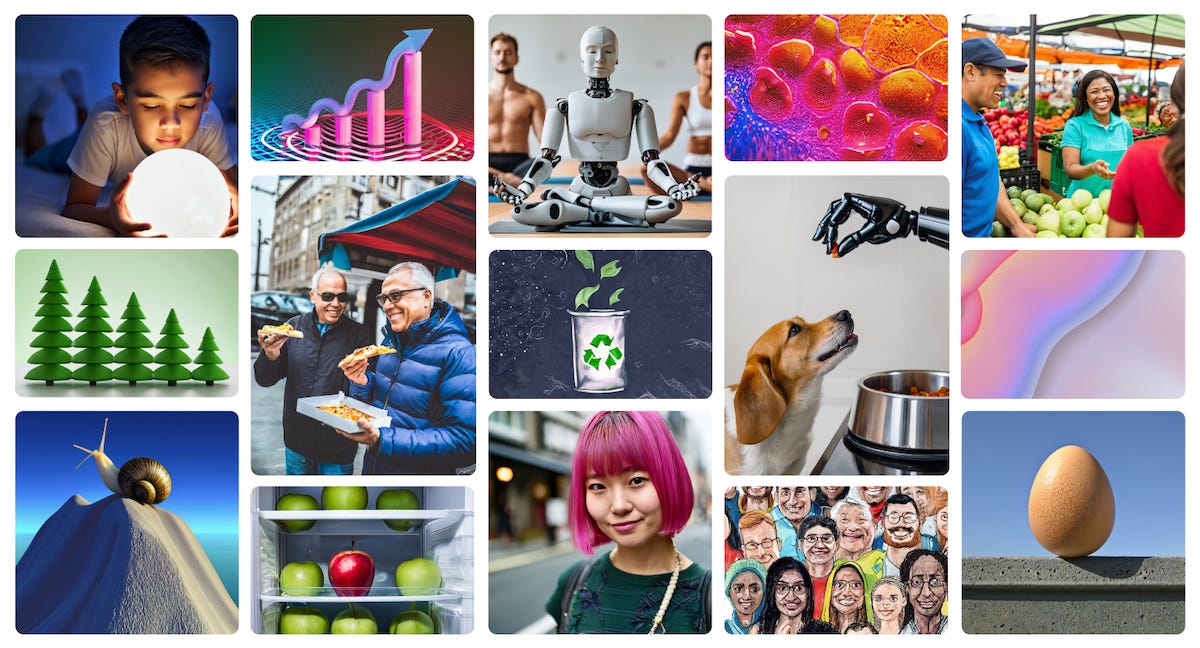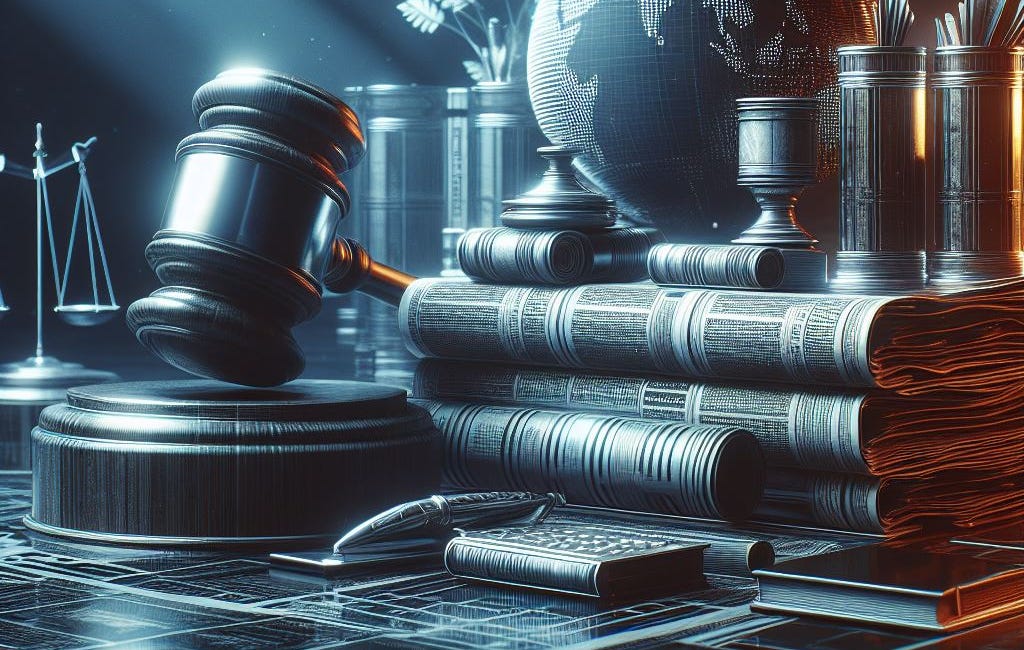Getty Completes its Reversal on Generative AI and Launches Generative AI by iStock
You can pay to generate images, but your rights of use are limited according to Getty
Fifteen months ago, Getty Images removed all generative AI images from its collection. Three months ago, the company launched Generative AI by Getty Images. That service is not generally available. Prospective customers must meet with a Getty salesperson to see a demo and receive access.
Today, Getty announced the new AI image creation service, Generative AI by iStock, that is generally available to anyone. It costs about 15 cents per generation of four images based on your input prompt. A high-resolution version of your preferred images will cost another 15 cents.
The model was created using NVIDIA Picasso and trained on Getty’s image libraries ranging from Getty Images and iStock to other company brands such as Unsplash, Photos.com, and others. This is the same approach that the company took with the Generative AI by Getty Images product announced earlier. It is unclear whether the foundation models are different. Most likely, they are the same, and the key difference is the business model.
Getty said it would compensate artists whose works were used to train the generative AI model. As with previous mentions of this pledge, the company provided no details.
In addition to the images, Getty provides assurance that the images offer royalty-free use and $10,000 in legal coverage. The generated images can be used in a wide variety of scenarios ranging from advertising and marketing materials in limited quantities to movies and television. However, you don’t own the image. According to the company, Getty retains the image ownership.
Watch Out for the Restrictions
Generated images come with a limited license. You can use it, but not at scale and not as a commercial item to resell. Those uses require an additional, more costly license. Getty’s approach sharply contrasts with the licensing model offered by OpenAI for DALL-E, Bing Create (also powered by DALL-E), Stability AI, and Midjourney. Each allows for full ownership rights and mostly unrestricted use. Midjourney goes a step further, and its terms place all generative images into the public domain.
By contrast, Getty seeks to charge users to create images while providing only limited usage rights. It is unclear whether this will even be enforceable in the United States. U.S. copyright law precedents and U.S. Copyright Office policy say that AI-generated artwork cannot be copyrighted. Copyright law precedent and policy only protect works of human authorship.
This suggests that Midjourney is most closely following U.S. policies. Getty will attempt to enforce its limited rights until a user has the means to challenge the company’s ownership assertions in court. If Getty were to win, it would likely result in a new legal precedent.
A determination that the prompt is the human contribution to the creation is the most likely path to asserting human authorship. However, even if this legal determination is made, the user who creates the prompt should be deemed the author and not Getty. For Getty’s claims to be reasonable, it would be similar to Adobe claiming ownership over an image a user added to Photoshop. There may be other mitigating factors, but Getty’s attempts to retain ownership rights and protect them for the generative outputs of its product seem to run against the industry, legal, and policy trends.
Getty also says in the FAQs that your prompts and image generations will be used in future model training, though they will not be listed for sale on the website.
Will copies of my content ever become a part of the iStock Generative AI model?
Yes, your prompts, generated images, and feedback will all be used in retraining our model to become more effective for our customers. By allowing our model to learn and improve through retraining, we can provide you with an improved experience, such as better understanding the intent of your prompt or reducing deformations in generated content.
In other words, for the privilege of using the image generator, you cede to Getty your creations and creative inputs. There are better options.
Protecting the Citadel
Stock image businesses face an existential crisis from generative AI. Their value is diminished significantly by generative AI unless they can assert some control in the new market or create legal restrictions on new competitors. So, it is not surprising that Getty’s first instinct in 2022 was to stop the use of AI-generated images, and its next steps were to file lawsuits against companies creating the technology.
Getty now recognizes broad generative AI adoption is inevitable. At the same time, AI-image generation services are a path to generate revenue. So, products! The real question is whether any users will see the tenuous benefits bundled with uncommon restrictions worth the trouble. For now, the value of this service seems questionable for a vaguely defined protection limited to $10,000.
OpenAI and Microsoft Sued by New York Times for Copyright Infringement
That didn’t take long. Yesterday, we wrote about Anthropic’s new indemnity protection for users. That article concluded with the line: 2024 will be a year when generative AI goes to court. Earlier this morning, the New York Times filed a lawsuit naming OpenAI and Microsoft over the unauthorized use of copyrighted material to train large language models (L…
Anthropic is in Talks for another $750 Million in Funding and a 4.5x Rise in Valuation
The Information and CNBC have reported that Anthropic is in advanced negotiations with Menlo Ventures and other institutional investors to raise another $750 million. While Anthropic has recently sought a valuation of over $20 billion, the expected investment valuation is $18.4 billion.







cool